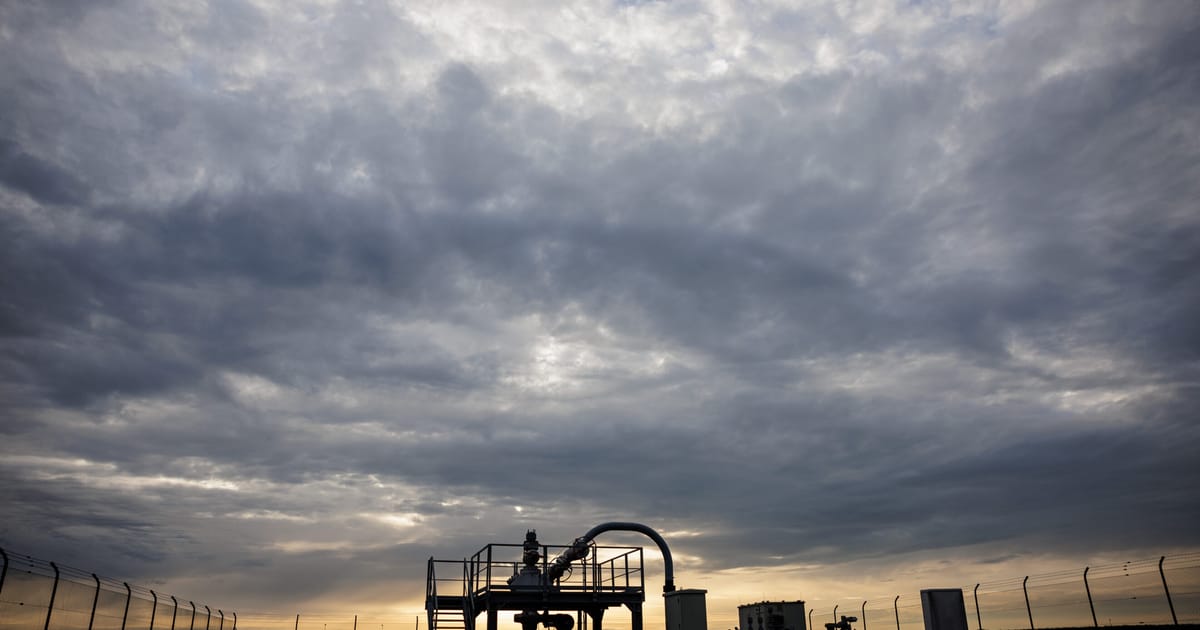Budapest opposes measures “that might have a negative impact on EU gas market” — a stance that could kill the EU’s effort to squeeze Moscow’s gas revenue.
The EU’s unprecedented effort to penalize Russia’s lucrative gas sector is already crashing into a familiar sanctions foe: Hungary.
The country expressed significant reservations about the new proposal during initial conversations among ambassadors last week, according to several people in the room — refusing to oppose the measure outright but making its wariness evident. Hungary’s top envoy said his country would block any penalties that raise energy costs in Europe.
“We are going to analyze the package but do not support anything that might have a negative impact on [the] EU gas market,” the Hungarian official said during a meeting of diplomats on Wednesday, according to two diplomats with knowledge of the discussions.



This is the best summary I could come up with:
The country expressed significant reservations about the new proposal during initial conversations among ambassadors last week, according to several people in the room — refusing to oppose the measure outright but making its wariness evident.
The push is a significant shift in EU strategy, coming as evidence mounts that its efforts to slash the Kremlin’s fossil fuel revenues — used to finance its war in Ukraine — are falling short.
And Europe’s LNG markets are far more stable than they were right after Russia’s full-scale invasion of Ukraine, giving Brussels a freer hand to impose restrictions, said Tom Marzec-Manser, head of gas analytics at intelligence firm ICIS.
However, Marzec-Manser cautioned, while energy markets in Central European countries like Hungary have stabilized in recent months, any changes to supply could make prices for consumers “very, very volatile.”
Last week, as the latest sanctions proposal — the EU’s 14th wartime package — started circulating, Hungary reiterated its opposition to targeting Russia’s energy sector.
Foreign Minister Péter Szijjártó made similar comments in Moscow last year, insisting that Hungary’s energy security “requires uninterrupted transportation of gas, oil and nuclear fuel.”
The original article contains 629 words, the summary contains 184 words. Saved 71%. I’m a bot and I’m open source!